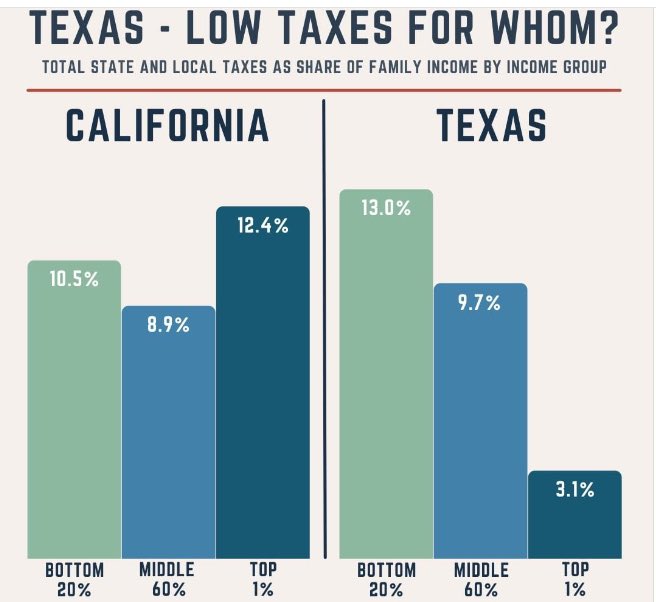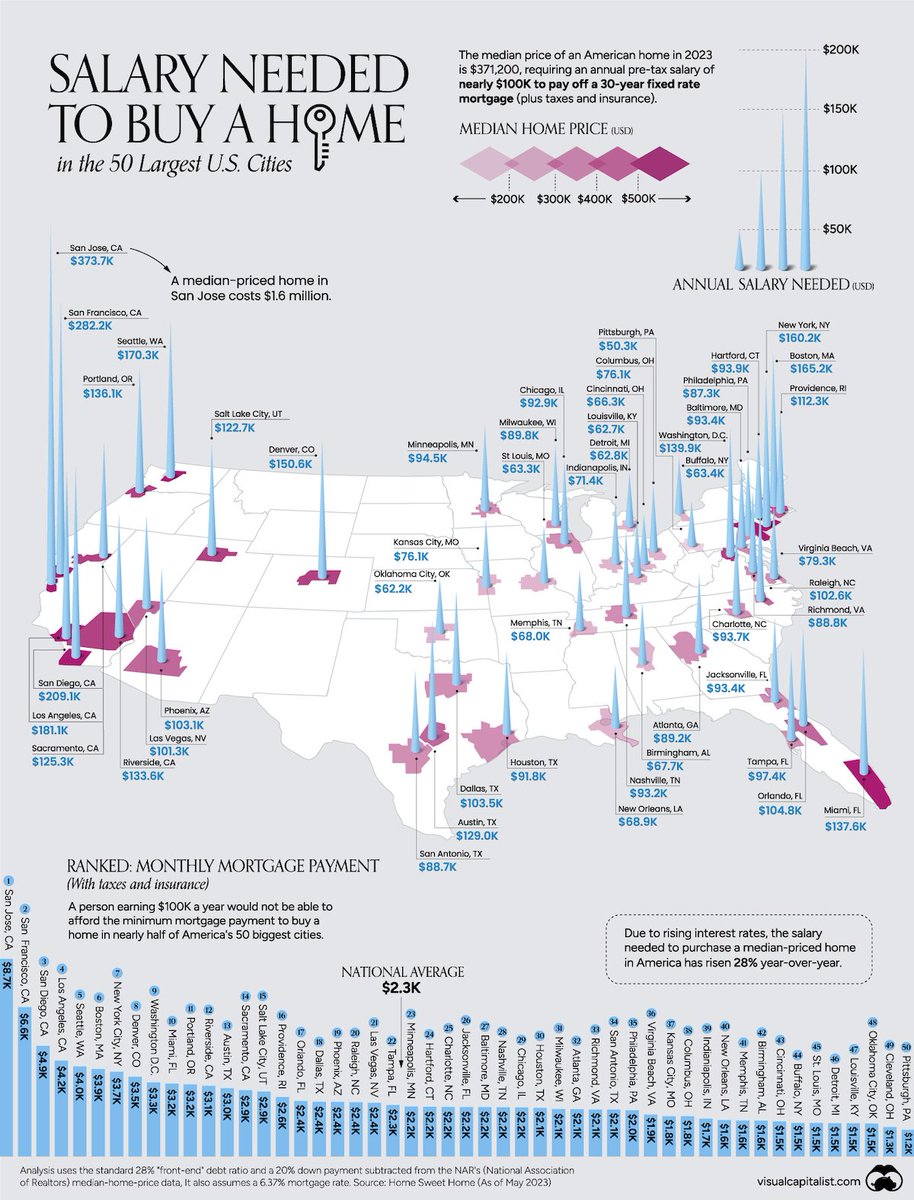Reading lots of can’t get a mortgage but qualify on income, credit, DTI & lots of self employed (SE) having problems
Here are tips on finding that unicorn lender
1. Ask for referral. What were fees, rate at par (no pts), how long did it take to close, issues/how resolved? 🧵
Here are tips on finding that unicorn lender
1. Ask for referral. What were fees, rate at par (no pts), how long did it take to close, issues/how resolved? 🧵

2. Call each lender & ask questions above. Confirm they lend on what you want to buy. How many SE loans? Ask them for addresses of purchases closed- if they say they can close in 15 days go look at Pending/closed dates. Ask them for client or realtor references. Call them
3. Ask LO for examples of issues & how they solved them. Shit happens, but the good ones solve them & close on time or maybe a day or 2 late but not WEEKS late as a rule. There’s always exceptions but a good loan officer (LO) does the homework upfront before you go into escrow
4. Go with direct lenders & brokers. Avoid retail depository bank esp if SE. Don’t handle probs & non vanilla well. What’s known as “stipping” a loan to death. Stipulation after stip- mostly big banks. Wholesale lenders are used to processing volume
LOs licensed per state
LOs licensed per state
5. Get a local loan officer with a direct phone number. You AND Listing agents do not want to call a 1-800 number and speak to someone different every time. If I call a lender who has no clue who you are or can’t find your file 🚩🚩🚩🚩
6. No such thing as parity in rates/ fees. Shop lender in advance of escrow & pick 1 & stick with. May not get cheapest 1/8th lower rate but if can’t close.
Not seeing origination fees. Common: underwriting/process, credit & appraisal (VA/FHA have upfront funding fees)
Not seeing origination fees. Common: underwriting/process, credit & appraisal (VA/FHA have upfront funding fees)
7. Every lender on conventional, FHA, VA underwrites to Fannie/Freddie/Ginnie.
Then each institution has their own underwriting overlays. Some have lower DTI, higher reserve, interpret guidelines slightly differently. Hence variances in experience
Then each institution has their own underwriting overlays. Some have lower DTI, higher reserve, interpret guidelines slightly differently. Hence variances in experience
8. Different lenders offer diff loan programs. Some can do 1st/2nd loans on jumbos allowing 89.9% LTV. Some jumbo requirements are less stringent. Some won’t lend on VA 2-4 units. Some have asset depletion models, bridge loans. Some won’t do investor 2-4
9. 🚩🚩 if LO doesn’t look at tax returns if self employed
-Doesn’t know if you want to buy a condo, SFR or 2-4 unit. Condo complexes must be VA or FHA approved to lend on that building
-Cant answer basic questions or unwilling to educate
-Doesn’t know if you want to buy a condo, SFR or 2-4 unit. Condo complexes must be VA or FHA approved to lend on that building
-Cant answer basic questions or unwilling to educate
10. Why am I confident lenders can do self employed loans? Most Realtors & mortgage brokers are SE either as 1099/S Corp. Many of us own homes with mortgages/refi
My tips are from talking to countless lenders over years vetting them for buyers & interviewing on listing offers
My tips are from talking to countless lenders over years vetting them for buyers & interviewing on listing offers
11. If your scenario is unique/ complex a good LO will be willing to run your file (application, credit, tax returns / financial docs) by underwriter.
Your realtor should be helping you with this. Your realtor & lender can make/break your deal or whether your offer is accepted
Your realtor should be helping you with this. Your realtor & lender can make/break your deal or whether your offer is accepted
Disclaimer: I’m not a lender/LO. Not related to one. It’s illegal for Realtors to take $$ for referring 1- TILA-RESPA
#RETwit #homebuying #mortgages #refinance
Julie Chang, Realtor® DRE#01978767 Pacific Sotheby’s International Realty 619.292.8881 | julie@julieychang.com
#RETwit #homebuying #mortgages #refinance
Julie Chang, Realtor® DRE#01978767 Pacific Sotheby’s International Realty 619.292.8881 | julie@julieychang.com
+ VA loan- ANY lender can do a VA loan. Some of highest rates & fees + worst experiences are with those lenders that market to veterans
++If your property is in California, I can refer you to CA only licensed lenders. DM me
++If your property is in California, I can refer you to CA only licensed lenders. DM me
Who handled my refi? Mortgage broker sent loan to UWM & used Freddie guidelines -simpler for my file. UWM underwrote directly to Freddie, no + overlays. UW wanting audited P&L but broker pushed back. Refi closed 21 days. Other nat’l lenders- Finance of America, Quicken, Caliber
Broker I used I also refer clients to. He does & has consistently done about 1/2 his biz with self employed people. Good brokers know who to broker your loan out to & who not to send it to. Finally a broker if they run into an issue can send your file to another investor
• • •
Missing some Tweet in this thread? You can try to
force a refresh










